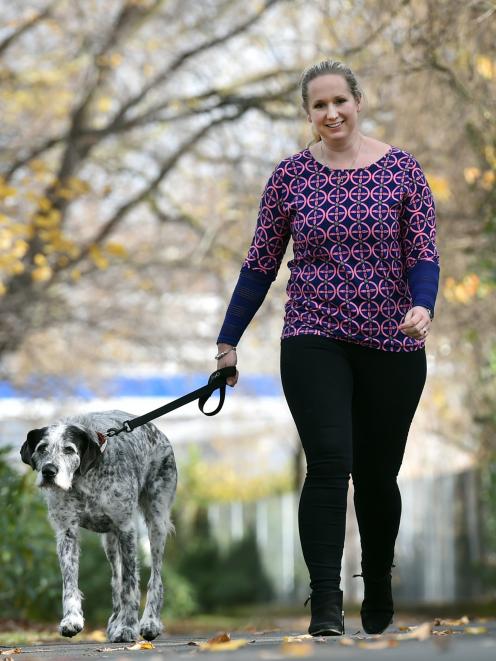
Otago Polytechnic lecturer Holly Kendrick is working on a long-term plan to microchip and desex dogs on the Cook Islands' main island, Rarotonga.
Ms Kendrick is a board member of Te Are Manu, Rarotonga's only veterinary clinic, and has been involved in animal welfare work on the island for 12 years.
There are about 5000 dogs on the island, which has a human population of only 11,000.
``Lots of them are owned, but there are unfortunately packs of stray dogs that roam around,'' Ms Kendrick said.
The situation was not really a safety issue for people, because the dogs tended to be friendly.
However, roaming dogs were often shot by the island's animal control service to control their numbers.
Without collars, domesticated dogs that were lost or hit by cars were also at risk as they could not be identified.
She was keen to make the collars accessible to the families as when money was scarce, providing collars for dogs did not tend to be a priority, she said.
She planned to return to Rarotonga for nine days later this month and had been given a 69kg baggage allowance by Air New Zealand to accommodate the collars.
Ms Kendrick had been overwhelmed by the generosity of Dunedin people, who had ``really got behind'' her drive to collect the collars.
While there, she planned to undertake some work educating school children about looking after animals.
``The rest of the community kind of follows,'' she said.
One of her main goals was to educate people about desexing their dogs so they did not ``breed like rabbits''.











